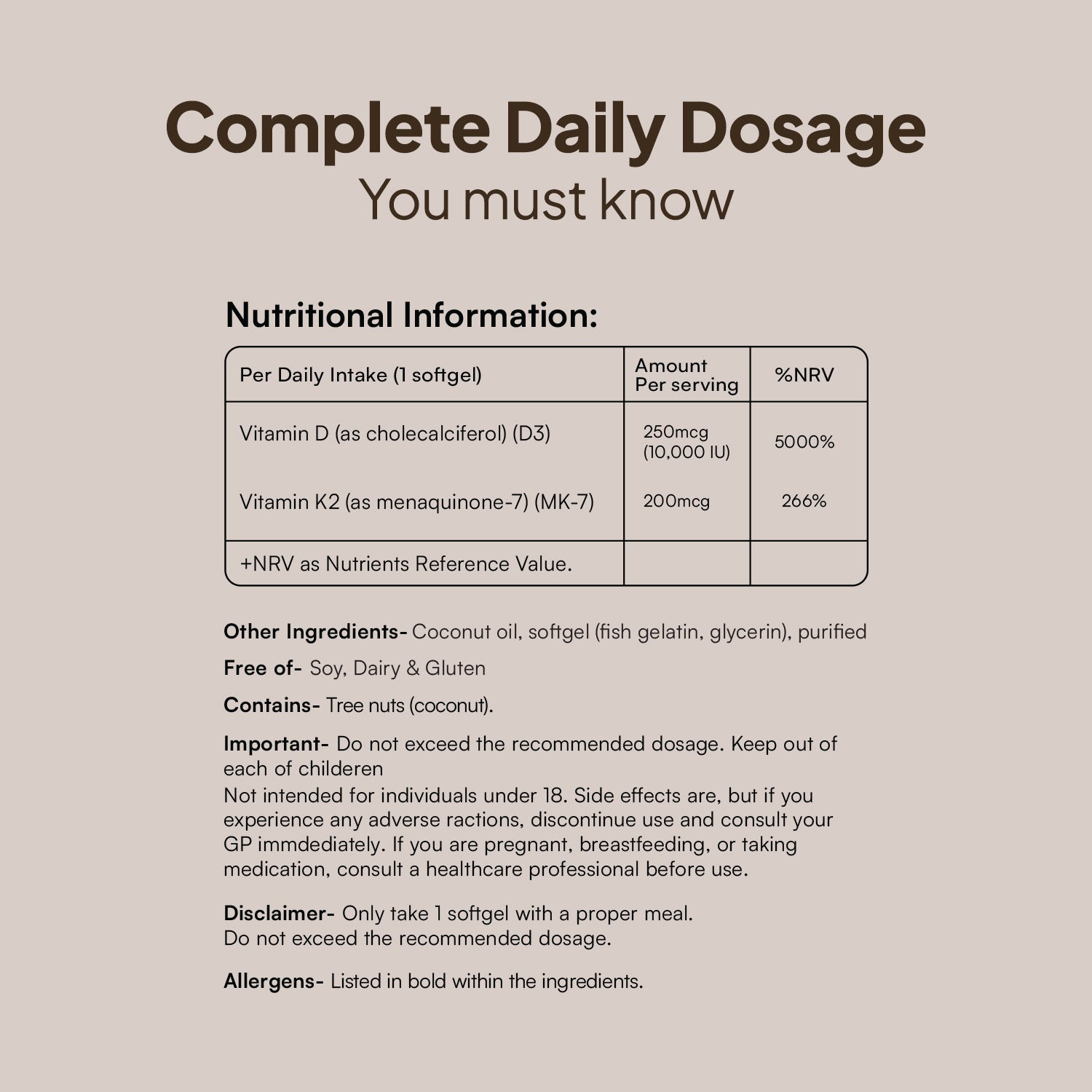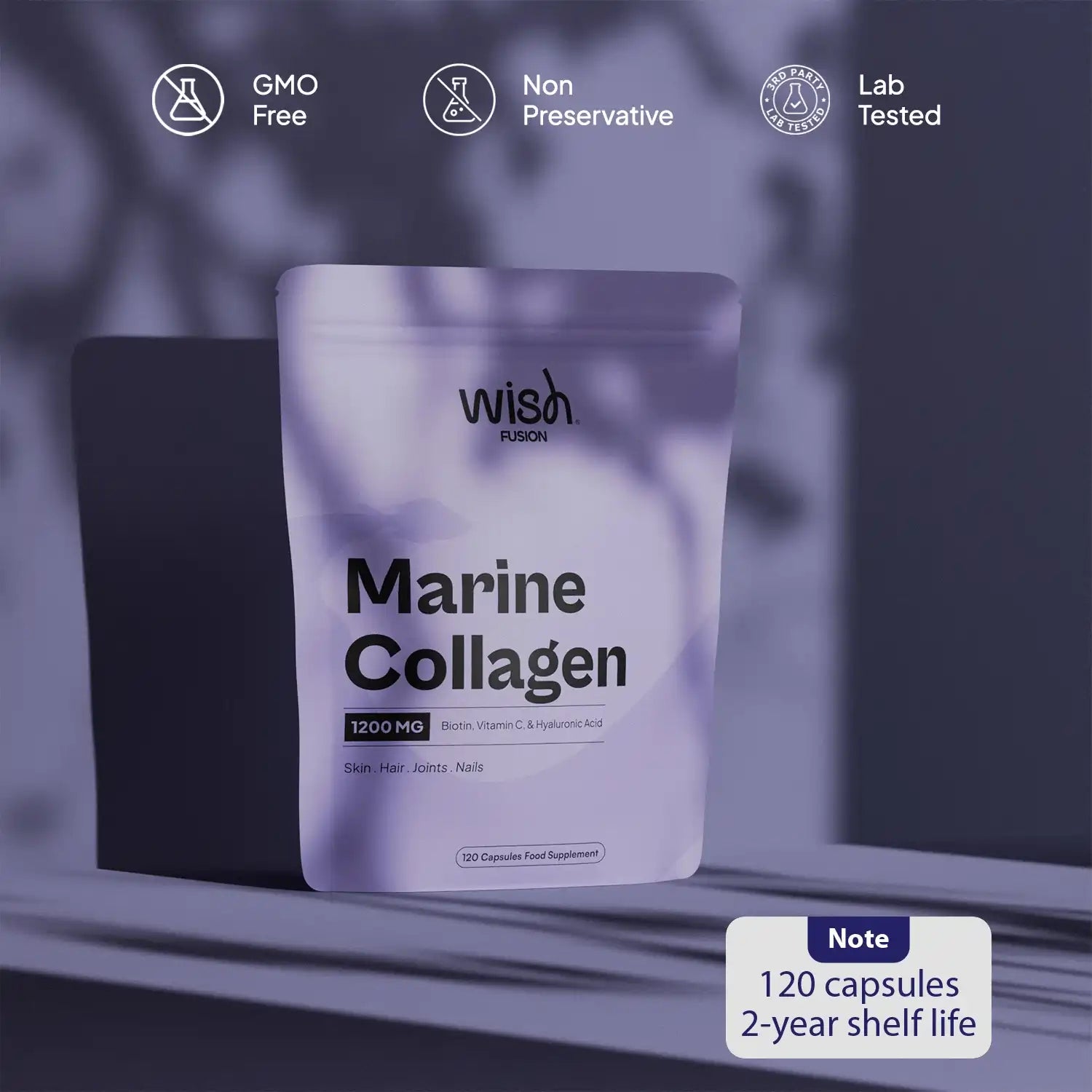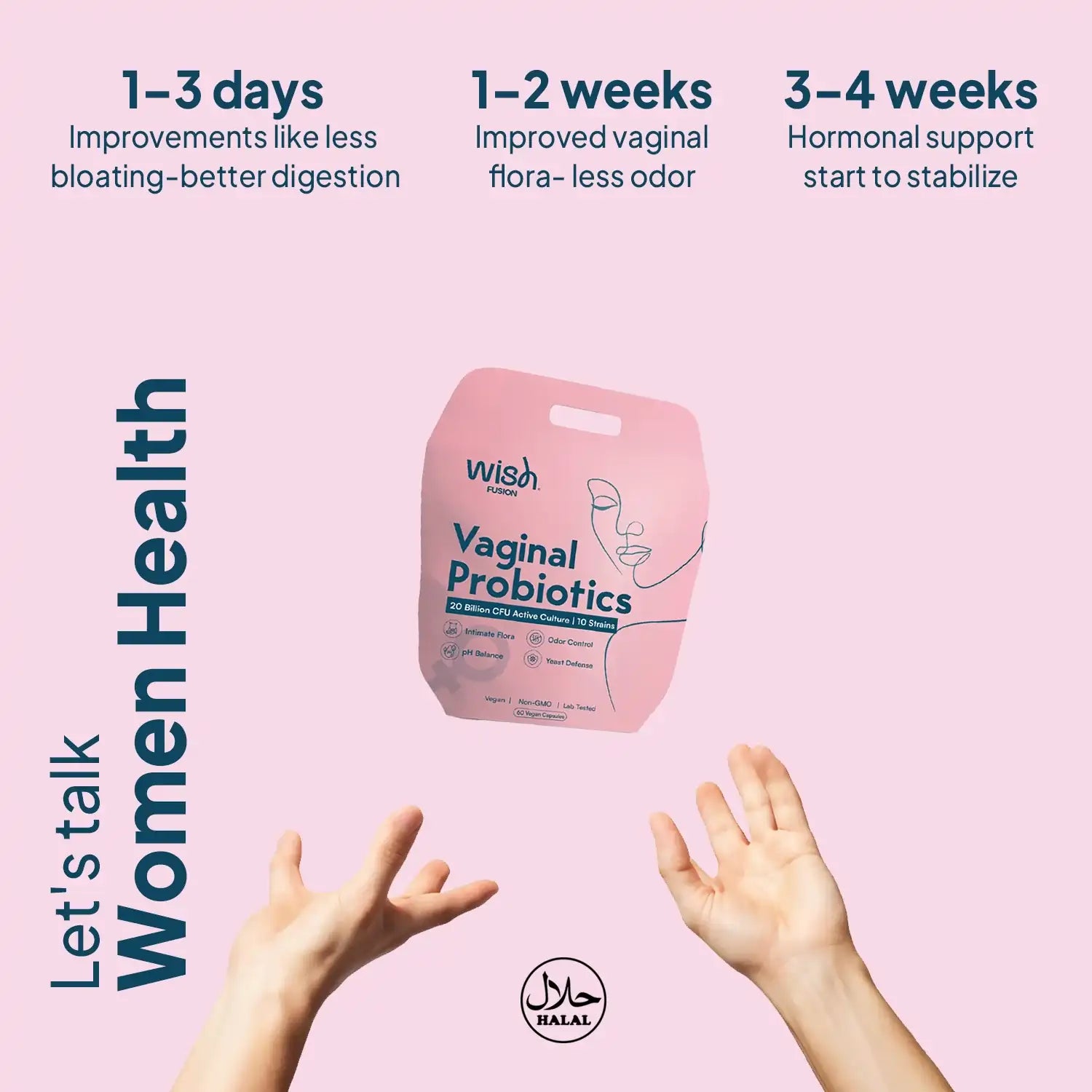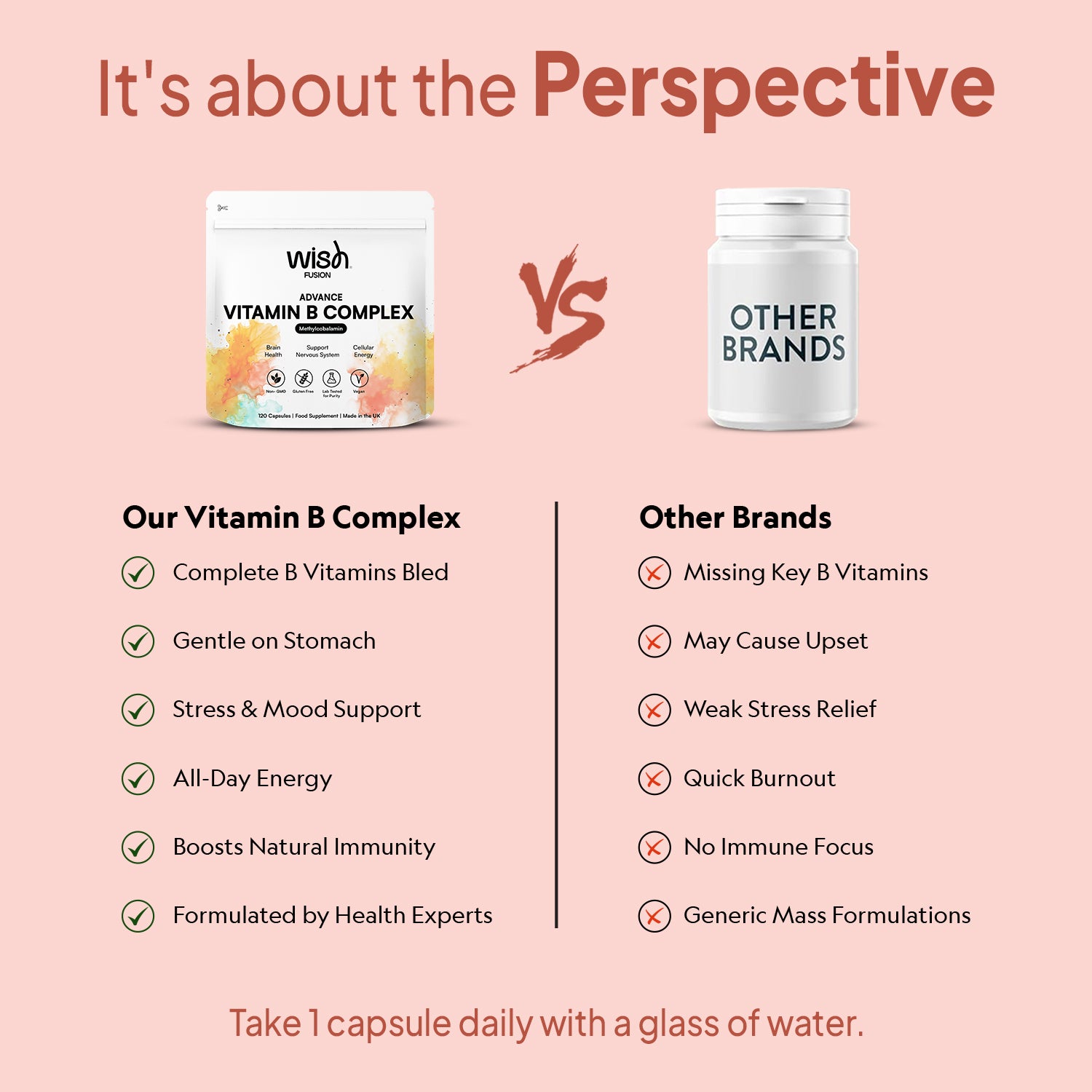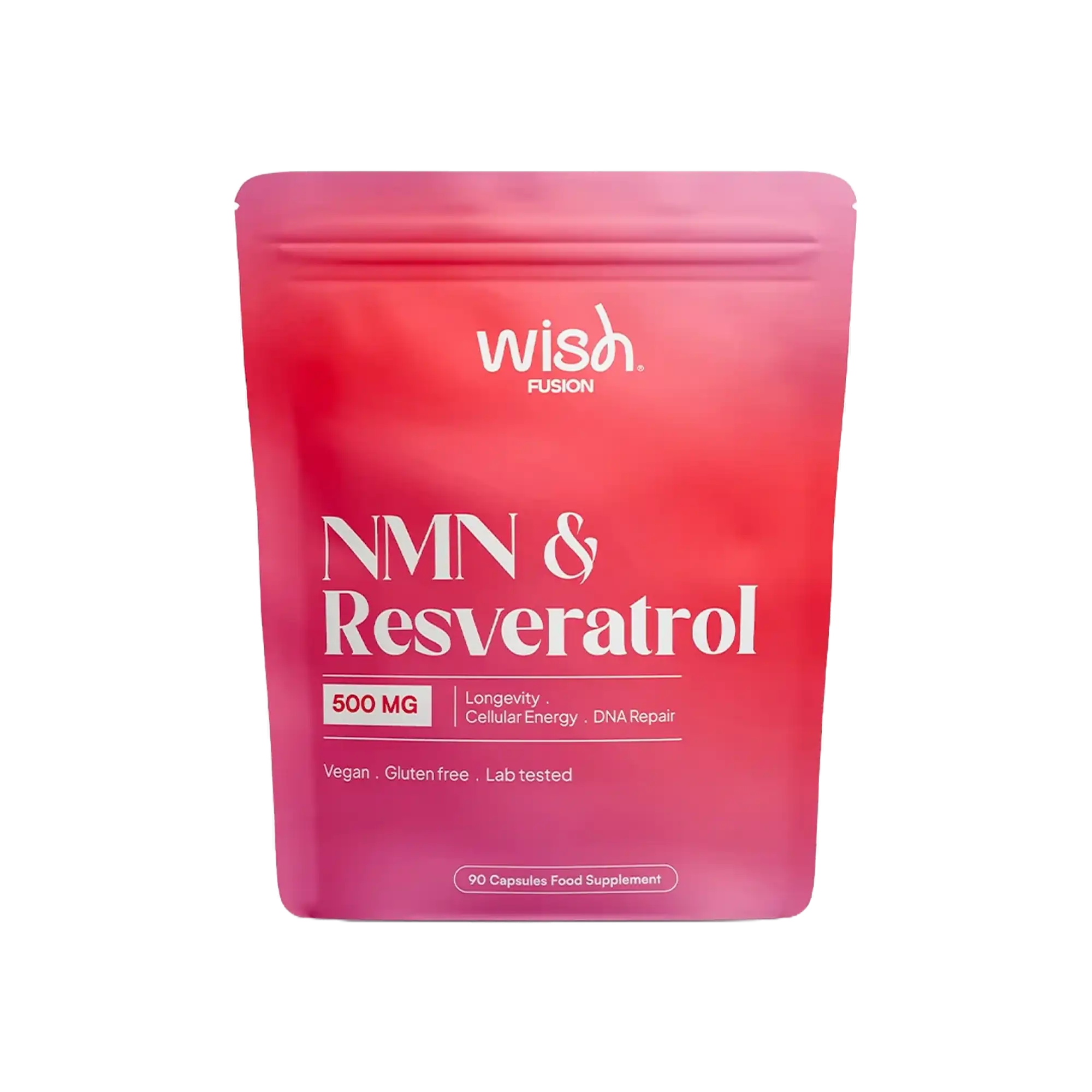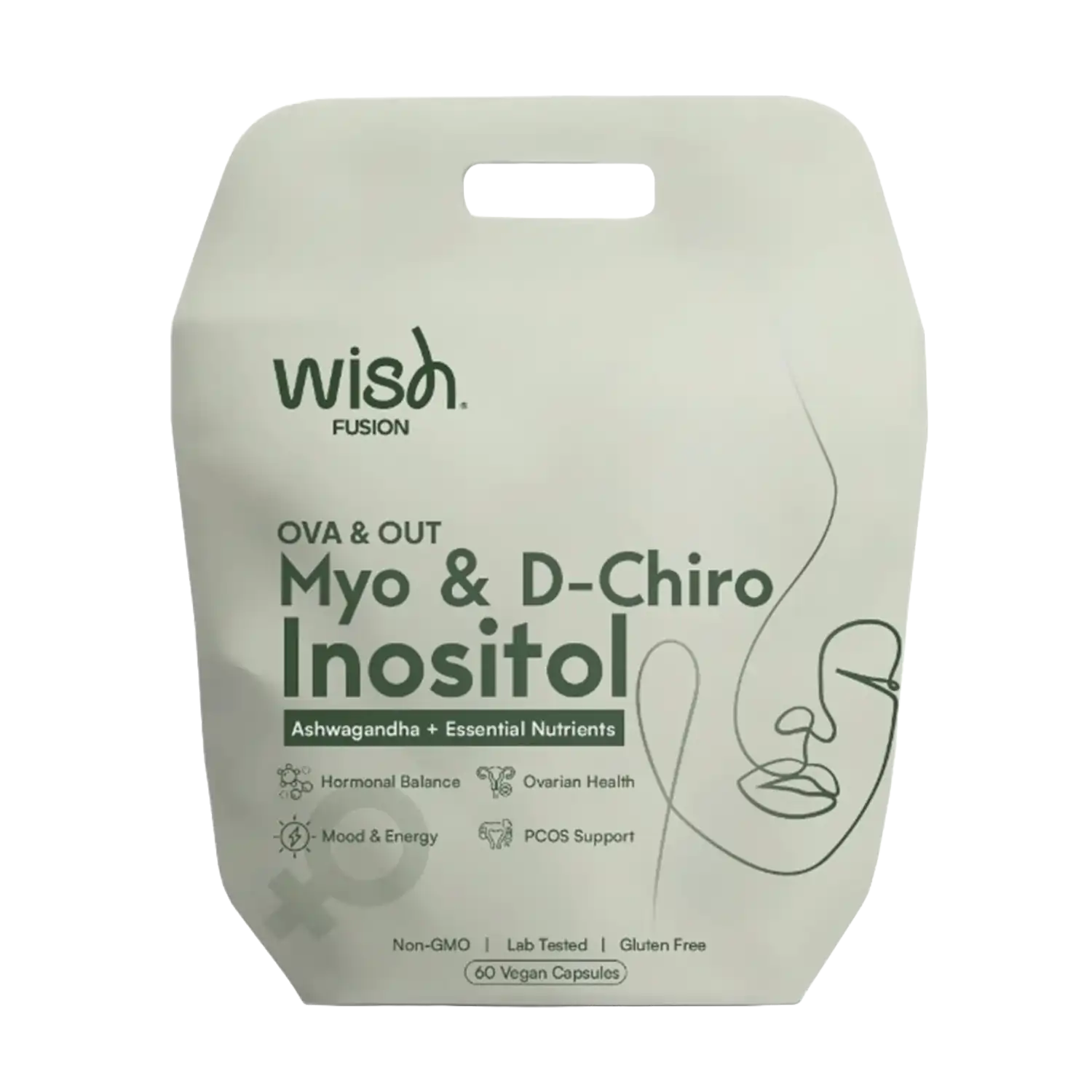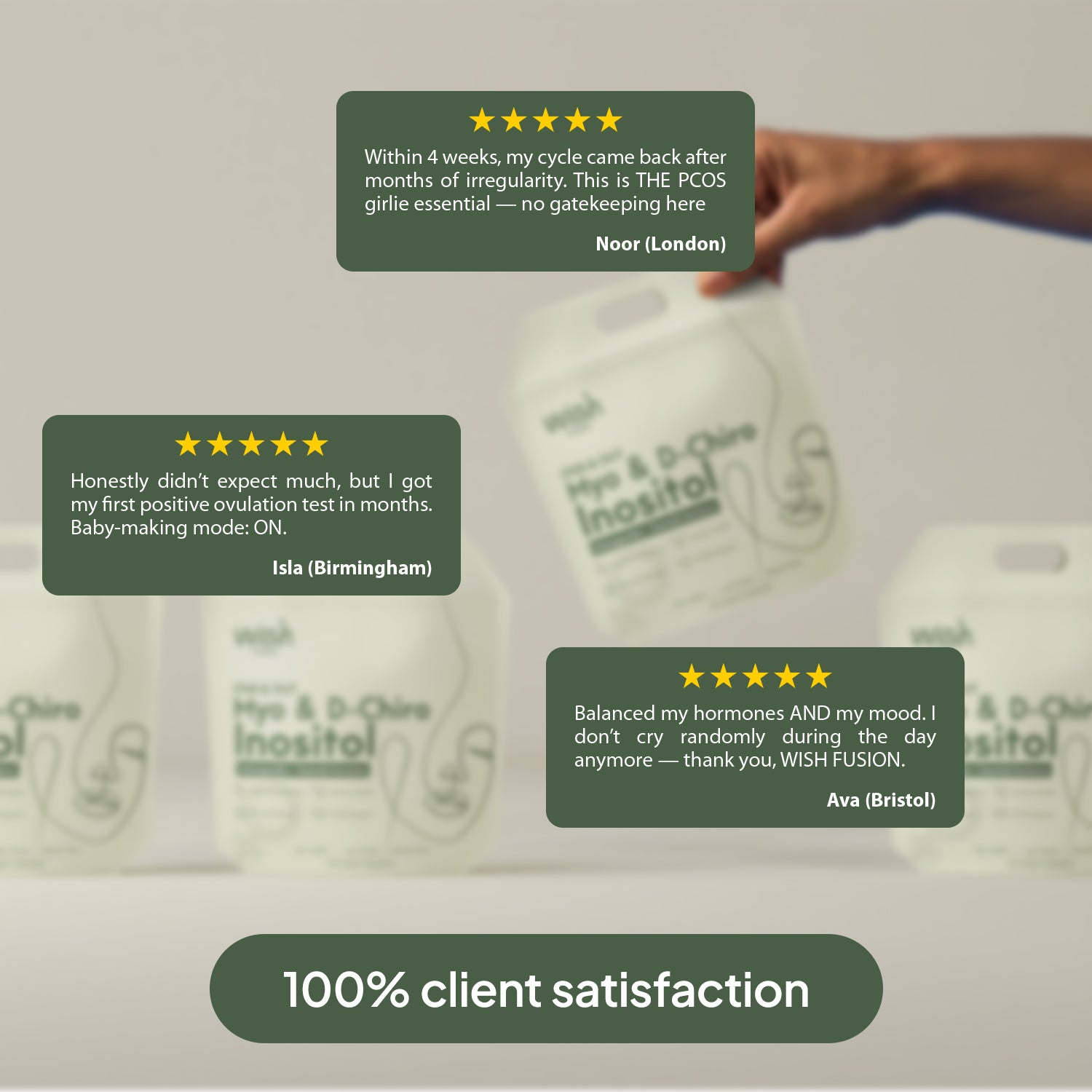
How does Magnesium help with stress relief & Sleep?

Why Magnesium Might Be the Missing Piece
In a world running on caffeine, deadlines, and digital noise, stress and poor sleep have become the new normal. But what if one humble mineral could help flip the switch? Enter magnesium—the underrated yet essential nutrient your body craves when you’re overwhelmed and exhausted.
And when you use a complete, bioavailable formula like Wish Fusion’s Super Magnesium, you give your body the calm it’s been asking for.
What Is Magnesium and Why Is It So Important?
Magnesium is a vital mineral that participates in over 300 enzymatic processes in the body. From muscle contraction to energy production and nervous system regulation, magnesium keeps your body balanced and functioning smoothly.
But here’s the catch: stress depletes magnesium. And magnesium deficiency increases stress sensitivity. It’s a vicious cycle—and breaking it starts with restoring your magnesium levels.
The Link Between Magnesium and Stress
When you’re stressed, your body enters "fight or flight" mode. Your adrenal glands release cortisol and adrenaline, and your muscles tense up, your heart rate spikes, and your mind races. Magnesium acts like your body’s built-in chill pill.
Magnesium's Role in Stress Relief:
- Regulates cortisol production and reduces the intensity of stress responses
- Supports GABA production, a neurotransmitter that promotes calm
- Relaxes muscles and reduces physical tension
- Lowers inflammation, which is linked to chronic stress
Studies show that individuals with higher magnesium intake tend to have lower anxiety levels, better emotional control, and fewer stress-related symptoms.
How Magnesium Improves Sleep Quality
Struggling to fall asleep? Waking up at 3 a.m. for no reason? Magnesium may be your answer. It plays a crucial role in preparing the body for restful, deep sleep.
Magnesium and Sleep:
- Activates the parasympathetic nervous system (rest & digest mode)
- Regulates melatonin production for better sleep cycles
- Relaxes muscles to help you fall asleep faster
- Reduces nighttime cortisol spikes that disrupt sleep
- Eases restless leg syndrome and nighttime cramps
In one study, magnesium supplementation significantly improved sleep onset, duration, and quality in adults suffering from insomnia.
Why Wish Fusion's Super Magnesium Works Better
Not all magnesium supplements are created equal. Many only include one form of magnesium (like magnesium oxide), which is poorly absorbed. Wish Fusion’s 7-in-1 Super Magnesium is different.
Includes Seven Highly Bioavailable Forms:
- Magnesium Glycinate — for stress, anxiety & sleep
- Magnesium Malate — for energy and fatigue relief
- Magnesium L-Threonate — crosses blood-brain barrier to support cognition
- Magnesium Citrate — gentle on digestion
- Zinc
- Vitamin B6
- Vitamin B12
Together, these forms deliver deep nervous system support, physical relaxation, and mental clarity—without the digestive discomfort some magnesium blends cause.
When & How to Take It for Best Results
To maximize the calming and sleep-enhancing effects:
- Take it in the evening (1–2 hours before bed)
- Pair with a light, non-caffeinated snack
- Use consistently for 2–4 weeks for noticeable changes
Some people also benefit from a split dose: one capsule in the morning (for energy + calm) and one at night (for sleep).
Bonus: Magnesium also helps reduce cravings, improves mood, and eases PMS symptoms—so you're getting multiple benefits in one daily ritual.
Who Should Consider Supplementing With Magnesium?
- Anyone feeling wired but tired
- Those with trouble falling or staying asleep
- People who deal with anxiety, irritability, or racing thoughts
- Women experiencing PMS, cramps, or hormonal mood swings
- Athletes or active individuals needing recovery support
The Final Word: Calm Is a Choice—Magnesium Helps You Make It
Stress and sleep issues don’t always need complex solutions. Sometimes, it’s about giving your body the basic building blocks it needs to function.
With Wish Fusion’s Super Magnesium, you’re not just managing symptoms—you’re restoring balance from the inside out. Calm your mind. Sleep deeper. Wake up clearer.
Because real wellness starts when your nervous system feels safe.
Ready to feel calm, clear, and rested?
Start with magnesium. Start with Wish Fusion.
Add To Your Routine
full-spectrum root extract, Wish Fusion Ashwagandha KSM-66 supports stress relief, energy, mood b...
Other than being the epitome of Calm & Balance- it’s a powerhouse blend combining 7 forms of ...













